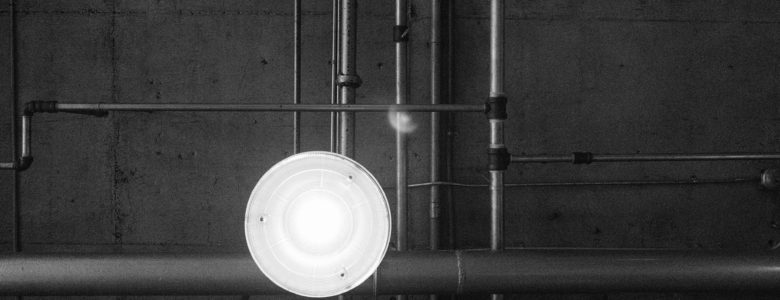Pipes are often subject to failure, especially if they have been in use for a long period of time. They often deteriorate with time, making them vulnerable to failure. It is essential to buy the right kind of pipe fit for service. Pipe failures need to be thoroughly investigated with care to ensure that future failures are prevented. Down below are 4 common reasons as to why pipes usually fail:
- Too much exposure to sunlight: When your pipe is exposed to the sunlight for a very long period of time, disasters can happen. This is because the ultraviolet rays produced from the sun usually break down the material of the pipe, making it become more brittle over time. Thus, if for any reason you need to make use of a pipe above ground, make sure that you have a certain kind of covering for it or paint it so as to avoid it from becoming brittle. You also need to make sure that whoever you purchase pipe from is storing it properly, protecting it from the sun. Otherwise, you’ll have to deal with pipes that have already been damaged.
- Velocity of the water: If water travels way too quickly in the pipe, it can lead to problems such as water hammering. which may develop surge pressures. Both of these have the power to wear down your pipe over time, regardless of how durable the material may be. If you are using pipes for irrigation purposes, you need to make sure that the flow of water is at the right pressure to prevent any kind of mishaps from occurring. buy pipes that will help you make use of the velocity of water you need.
- Soil and debris: Usually when pipes are fitted underground, we think that they are not exposed to any damage. However, this is not true. Underground soil and debris may create friction that can in turn damage the pipes. This is why it is a necessity to remove as much debris as possible before installing a plumbing system. At times, when the soil has too many rocks, you might even need to make use of a chain trencher to pulverize the rocks. Soil movement is another reason why pipes usually fail. All pipes have a breaking point that will be reached at some point in time. Freezing and thawing can cause the pipes to keep moving and as a result, get damaged completely.
- Problems with installation: It is extremely important to install the pipes properly. Pipes that haven’t been installed properly have high chances of failure well before their breaking point. When the pipe needs to be cut, the contractor should be careful about removing any debris that can later lead to the accumulation of residue. The outer edges of the pipe needs to be very smooth so that they join together easily and the cement can bond properly. Otherwise, it may lead to leaks. Another installation problem is known as “short insertion”. This occurs when the contractor doesn’t push the pipe all the way into the filling. This can cause the accumulation of contaminants, thus causing the pipe to fail.
Thus, these are the common causes of pipe failures. If these reasons of failure are kept in mind, we can avoid the failure of pipes at an early age. Often times, pipeline corrosion protection is used in order to protect the pipes from corroding away. This is one measure that must be taken by every pipe contractor to ensure that pipes don’t fail due to corrosion.



Leave a Reply